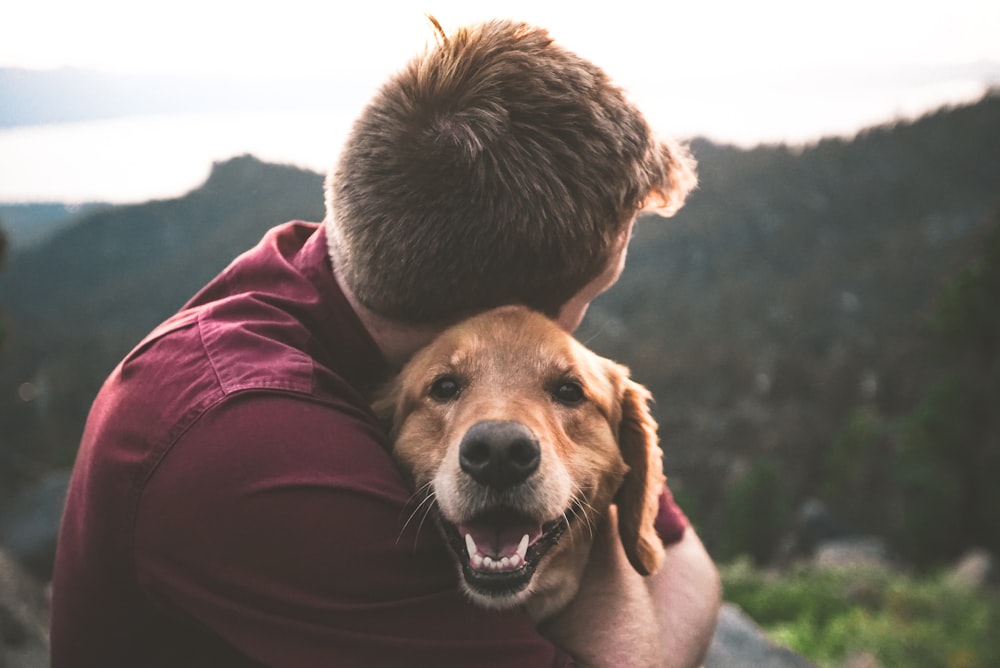Critical fandom and problematic fans: what responsibilities do we have?

In September 2023, a match between the Dutch football teams Ajax and Feyenoord was abandoned after Ajax supporters threw flares and fireworks on the field. Following the cancellation, fans clashed with riot police and vandalized the stadium. The police had to resort to using tear gas to disperse the crowds.
If certain corners of the internet are to be believed, Games Workshop – the multiple-multi-million company behind the Warhammer miniature wargames – is about to go bankrupt. This is because the recently published rulebook for the Adeptus Custodes, one of the factions in its primary product, Warhammer 40,000, mentioned a female member of the elite Custodes army. A bunch of people have taken this as a sign that Games Workshop has gone “woke” (the Custodes were previously suggested to be all men) and is therefore sure to go broke any time soon.
I’d consider myself a fan of Warhammer 40,000, and a casual supporter of Ajax. These episodes – and they’re by no means the most serious incidents in recent years [CN: graphic images of facial injuries] – raise interesting questions for people like me. Specifically, what are the moral implications of sharing a fandom with people who are sexist, violent, or just generally extremely problematic?
(more…)
 Photo by
Photo by 
